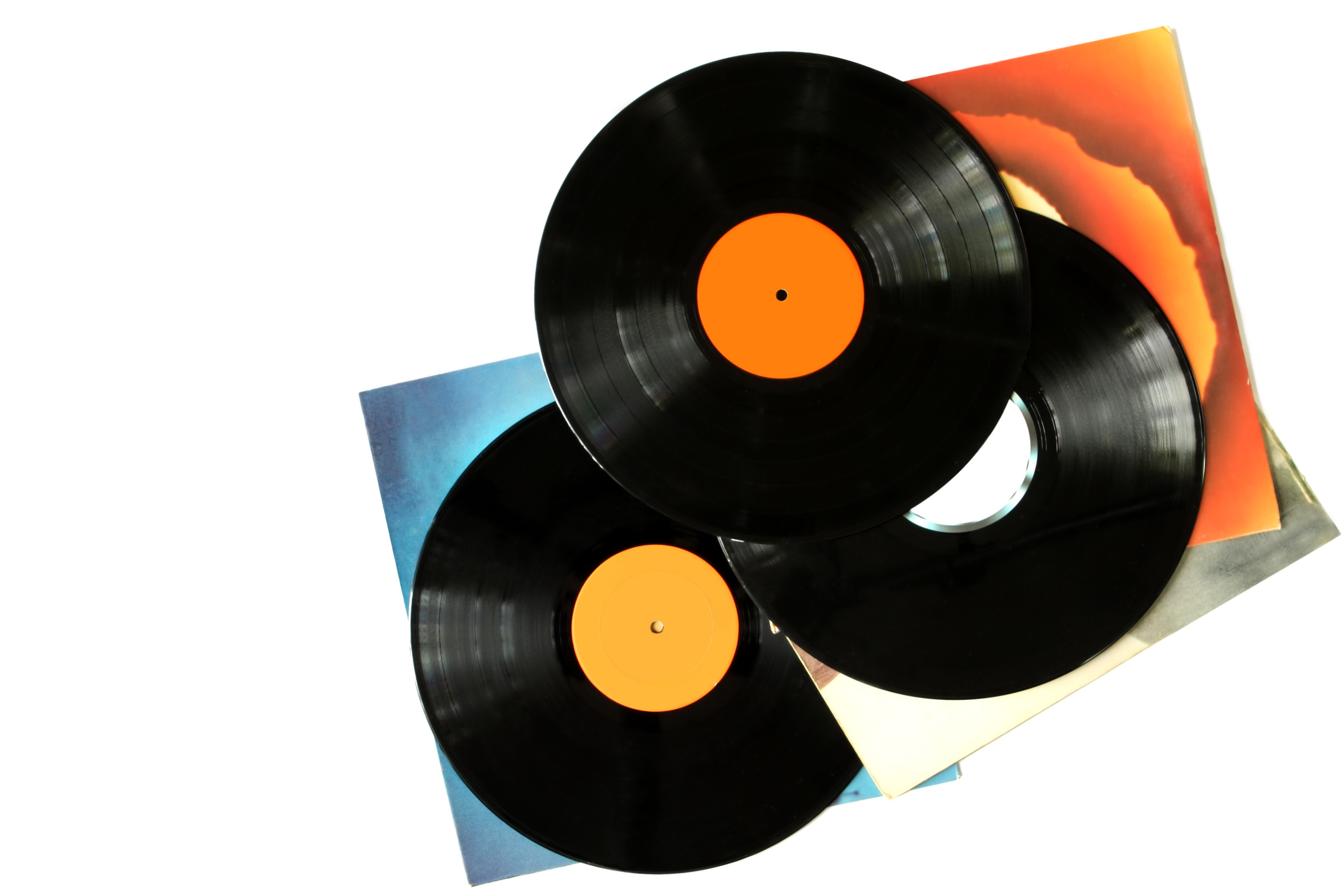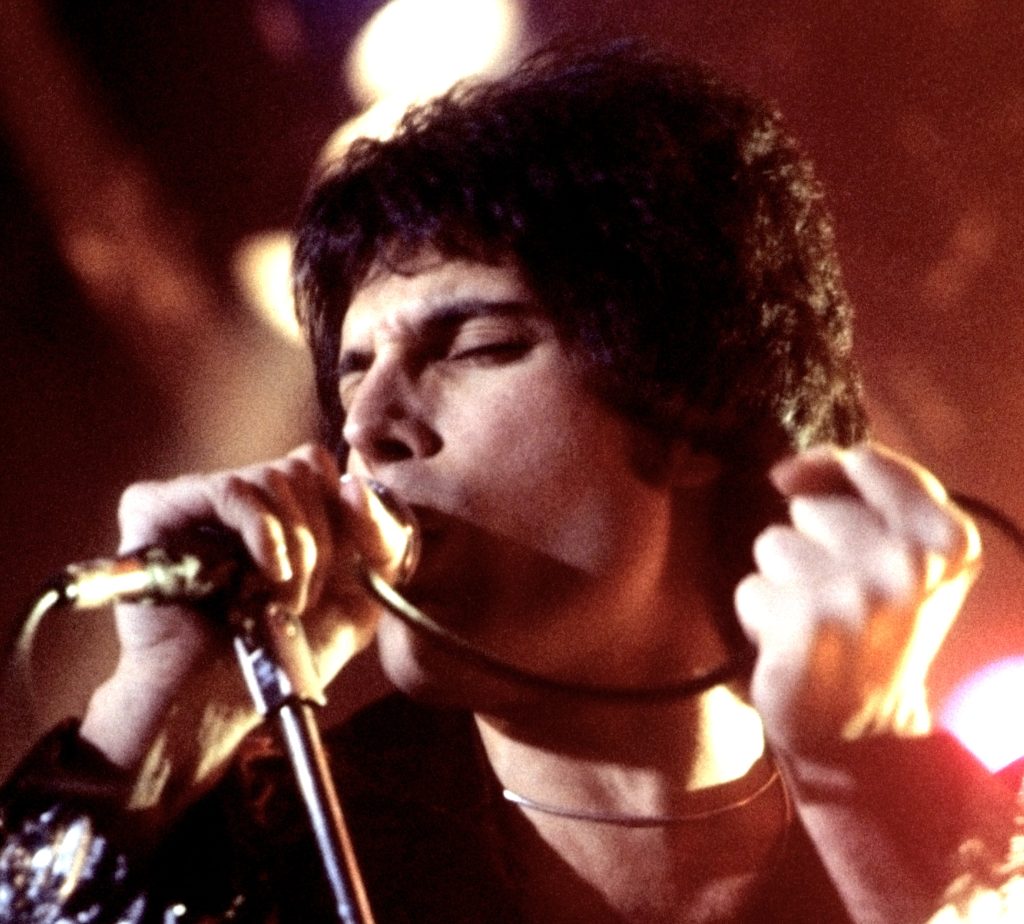
As Christmas music begins to proliferate on the radio as we get closer to Thanksgiving, we know many other music fans will be looking for alternatives to Bing, Brenda, Burl, and the Beach Boys.
And so, today’s post focuses on Classic Rock in the news – three stories that serve as reminders that not only isn’t this music going away – it continues to be influential and seemingly everywhere.
Here are three Classic Rock sagas that may provide you with a conversation starter or two at this weekend’s tailgates and autumnal gatherings.
1. Classic Rock will get you dates – especially women. The website, Moneyish, reports that music and dating naturally go together. For singles meeting up for the first time, music can enhance the social bonding process. The relationship website, Plenty of Fish, took a deep dive into more than 9 million of their consumer profiles. And a key takeaway is the findings that the type of music you prefer can change your dating success.
By studying the tastes and preferences of their members, Plenty of Fish analyzed music tastes and correlated it to dating activity.
For men, Country music lovers net 32% more messages from other singles on the Plenty of Fish platform.
But when women mention they love Classic Rock (Zeppelin, Queen, and the Stones are listed), their chances of connecting with that certain someone increases a whopping 68%.
Plenty of Fish has no clue why this is the case. Their conversation expert, Celeste Headlee (yes, if that name is familiar to you, she worked in public radio) says it’s all about the brain, and the release of neurotransmitters, endorphins, and oxytocins. Well above my pay grade.
In this crazy dating environment, singles will look for any advantage, including Classic Rock. And for women, it may be the pathway to meeting more partners.
2. Classic Rock has the best storytellers. Of course, everyone know that weaving a compelling tale is something that rockers like Bruce Springsteen have been doing for decades.
But TV and film producers also turn to rock in order to generate ratings and box office admissions. Remember those Vh1 series, “Behind the Music” and “Storytellers,” both highly successful franchises focusing on the ability to tell a great yarn about an artist or group? They were all about the stories behind the artists and the music they made.
Along those lines, the #1 movie in America last weekend was “Bohemian Rhapsody” – the Freddie Mercury and Queen story. It grossed over $50 million, but that leaves it second behind biopic “Straight Outta Compton” ($60+ million in 2015) for the all-time opening weekend record. “Bohemian Rhapsody” has the potential to become the biggest music biopic ever if it can keep up the momentum in the weeks to come.
That may be helped by critical attention for the film – especially from music fans. Ultimate Classic Rock notes rumors that star Rami Malek (“Mr. Robot”) could be up for an Oscar nomination for his striking portrayal of Mercury.
I will always remember the song, “Bohemian Rhapsody,” because its release as a single coincided with me going to work for WRIF. And I recall the first day I walked into the trailers where the station was headquartered, a spirited debate was taking place about whether we should add it.
Today, it seems like a crazy argument because we know the song has become one of the most memorable, iconic, and important Classic Rock songs ever. But when “Bohemian Rhapsody” was released, it was long (6 minutes), complicated, multi-faceted, with lyrics and operatic passages that didn’t sound a whole lot like Zeppelin, Boston, Eric Clapton, or the other music getting played on AOR radio in the mid-70s.
It’s now hard to imagine anything even approaching “Bohemian Rhapsody” could be produced today, in spite of the technological advances that have been made in the 40 years since Mercury and Queen recorded it.
I’m sure many of you have your own stories about “Bohemian Rhapsody,” whether you first heard it on the radio, head-banged to it in “Wayne’s World,” were lucky enough to see  the original Queen perform it, the post-Mercury lineups that included Paul Rodgers and Adam Lambert, or simply sing along in the car whenever it comes on. Somehow, most of us know all the words.
the original Queen perform it, the post-Mercury lineups that included Paul Rodgers and Adam Lambert, or simply sing along in the car whenever it comes on. Somehow, most of us know all the words.
The real meaning of “Bohemian Rhapsody” has always been something of a mystery, and like the true storyteller that he was, Mercury liked it that way:
“It’s one of those songs which has such a fantasy feel about it. I think people should just listen to it, think about it, and then make up their own minds as to what it says to them… ‘Bohemian Rhapsody’ didn’t just come out of thin air. I did a bit of research although it was tongue-in-cheek and mock opera. Why not?”
And that’s why storytelling and Classic Rock go so well together. Every song has a story, and the truly great ones have legions of fan stories that make the music like no other genre.
It makes you wonder why it took so long to make this tribute to Queen. And whether biopics about David Bowie, Tom Petty, Prince, Chuck Berry, and others aren’t being pitched in a Starbucks somewhere in Hollywood.
3. The future of Ford. When you’re a legacy corporation in America, you have to position yourself as a classic brand that’s visionary enough to define the future. That’s what Ford is thinking about as they invest billions into redefining mobility in the form of autonomous cars, smart cities, electric vehicles, dockless scooters, and other alternative forms of transportation.
So, positioning their exciting new outlook in campaign form to customers and stockholders requires the perfect video production – with the perfect spokesperson – Bryan Cranston (“Breaking Bad”) and a killer soundtrack. So, how do you depict your company’s future? With a Classic Rock anthem – how else? Here’s a :60 spot for their “Built For The Future” campaign.
Another tripleshot of Classic Rock is just around the corner.
Thanks to Bill Jacobs, Alan Cross and Scott Jameson for the stories.
- What To Do If Your Radio Station Goes Through A Midlife Crisis - April 25, 2025
- A 2020 Lesson?It Could All Be Gone In A Flash - April 24, 2025
- How AI Can Give Radio Personalities More…PERSONALITY - April 23, 2025




Great Read! Classic Rocks! We of the ’60’s, now in our 60s also had a Mustang. Thank you, Fred. Radio Connects All!
Appreciate it, Clark.